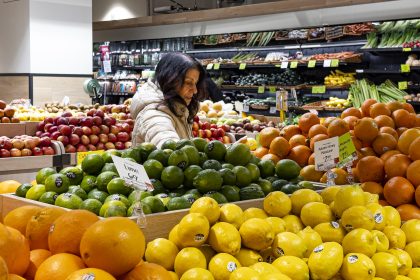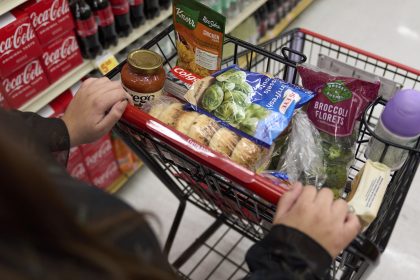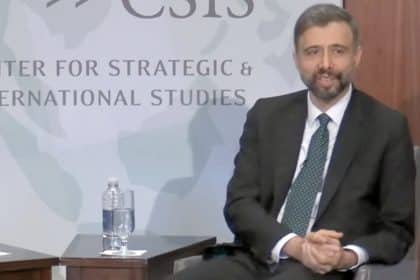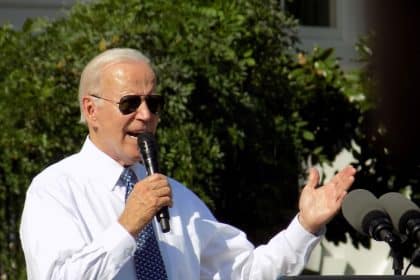Chef José Andrés Co-Chairs Food Task Force
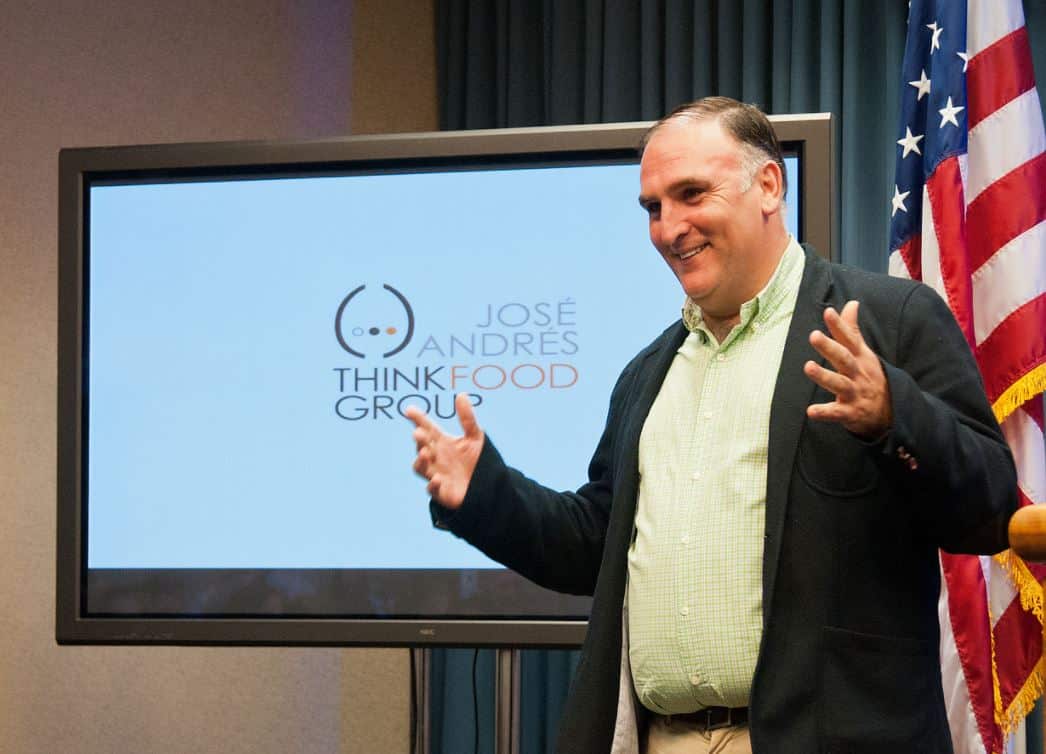
WASHINGTON — When he’s not feeding the world, Chef José Andrés is planning how to feed the world… better. The humanitarian chef recently co-chaired a Food and Nutrition Security Task Force of the Bipartisan Policy Center with the aim of Improving Food and Nutrition Security During COVID-19, the Economic Recovery, and Beyond.
As the task force released the first of three briefs detailing its suggestions for short and long-term federal actions needed to promote access, nutrition, and health equity, Andrés joined former USDA secretaries and the president of the Food Industry Association to share their findings with the think tank.
“We must do more than just serving meals in the aftermath of emergencies,” Andrés, who is known for his emergency food relief efforts, said. “Food and nutrition security should be available to all Americans, always.”
The task force shared that overall food insecurity during the pandemic did not significantly increase over the last year, likely due to benefit increases and flexibilities provided by COVID-19 recovery legislation. Yet USDA’s 2020 data did show that while overall numbers were close to level, households with Black individuals and households with children did experience significant increases in food insecurity during the pandemic.
“And we know people with diet-related conditions are much more likely to experience a serious condition from COVID-19,” said former USDA Secretary Dan Glickman, stressing the importance not only of access to food, but to quality and nutritious food throughout the pandemic, recovery, and beyond.
“We all need food to survive, thrive, and feed hope to every American and family,” said Andrés. “I do believe there is a moral imperative.”
To elevate food and nutrition security, the task force suggested a set of policy recommendations that range from developing a standardized federal definition for “nutrition security” in consultation and collaboration with stakeholder groups, to ensuring that federal agencies have the authority to grant needed waivers and flexibilities during times of future economic downturns, recessions, and public health emergencies.
They support an increase in accessibility, availability, and intake of fruits and vegetables in all forms in federal feeding programs, such as SNAP, WIC, P-EBT, Summer EBT, and USDA Emergency Food Distribution programs, to improve nutrition security. And given the disproportionate impact of COVID-19 on communities of color, older Americans, and people with obesity and diet-related chronic conditions, they hope the government will enact and implement programs targeting these populations that address the linkages between health care and the community and social determinants of health.
But Andrés’ personal favorite recommendation is a conference similar to the White House Conference on Food, Nutrition, and Health held by Nixon in 1969.
“President Biden should host a White House conference on food, nutrition, hunger, and health by 2022. It’s about time. We should make it happen,” he said.
“We have armies of Americans, with boots on the ground, with the ability to make these recommendations work,” he added. “Smart Americans bringing smart ideas forward is what all policy should be all about.
“The future of the nation will depend on how they will feed themselves… so it’s time we come together to break bread and build longer tables. There is no more important issue than food.”
















